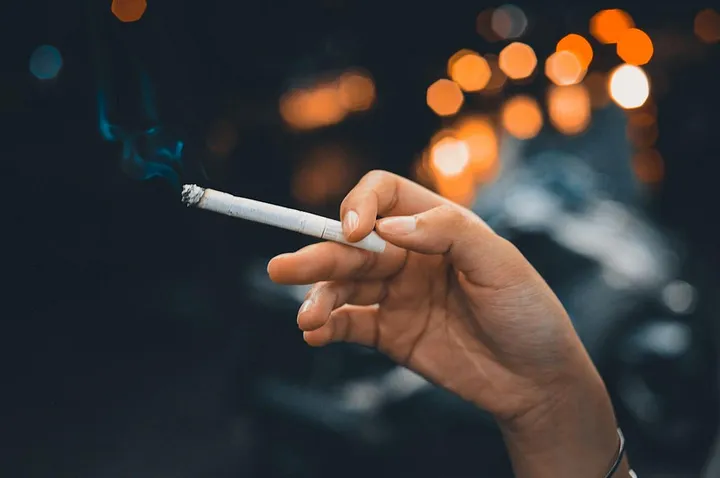-
 Retrouver dansMembres
Retrouver dansMembres Retrouver dansVidéos
Retrouver dansVidéos Retrouver dansChaînes
Retrouver dansChaînes
This website uses cookies to ensure you get the best experience on our website.
To learn more about our privacy policy Cliquez iciPréférence de confidentialité
-
- Dernière mise à jour 15 novembre 2023 1 commentaire , 207 vues, 0 comme
More from Indiana Jude
More in Politics
Related Blogs
Can I Smoke After Tooth Removal?
Posté par Indiana Jude
15 novembre 2023
Corps
One common question among patients who’ve recently undergone tooth extraction is whether it’s safe to smoke post-procedure. While the immediate impulse might be to seek relief or return to routine habits, it’s crucial to understand the implications of smoking after tooth removal.
The Healing Process After Extraction
When a tooth is removed, the body immediately starts the healing process. A blood clot forms in the socket, which is essential for:

- Protecting the underlying bone and nerve endings.
- Serving as a foundation for new tissue to grow over the site.
This healing process is delicate and can be disrupted by several factors, including smoking.
Risks of Smoking After Tooth Extraction
Smoking after a dental extraction can introduce several risks:
- Dry Socket: This painful condition, also known as alveolar osteitis, occurs when the protective blood clot is dislodged from the extraction site, exposing the bone and nerve endings. Inhaling from a cigarette can create a vacuum in the mouth, increasing the risk of dislodging the clot. Additionally, the chemicals in tobacco can slow down the healing process and decrease the blood supply to the wound.
- Infection: Cigarettes contain numerous harmful chemicals that can contaminate the wound. This contamination can increase the risk of infection at the extraction site.
- Delayed Healing: Smoking reduces blood flow and can delay the overall healing process. It can also lead to increased pain and discomfort during the recovery period.
How Long Should You Wait Before Smoking?
While the immediate period following extraction is most critical, it’s recommended to abstain from smoking for at least 72 hours (3 days) after the procedure. This timeframe allows the initial healing phase to progress without interruption. However, the longer you can avoid smoking, the better for your overall recovery and oral health.
Alternatives and Tips
If you find it challenging to abstain from nicotine, consider these alternatives and tips:
- Nicotine Patches: While not ideal, they’re a safer alternative to smoking immediately after extraction.
- Stay Hydrated: Drinking water can help flush toxins from the body and promote healing.
- Consult Your Dentist: Professionals at clinics like Admire Dentistry can provide guidance and additional recommendations tailored to your situation.
Your oral health and overall well-being are paramount. While the urge to return to familiar habits after tooth removal might be strong, the potential risks of smoking post-procedure far outweigh the momentary relief it might offer. Prioritise your health, ensure a smooth recovery, and consult with professionals like those at Admire Dentistry for any post-operative concerns.







commentaires